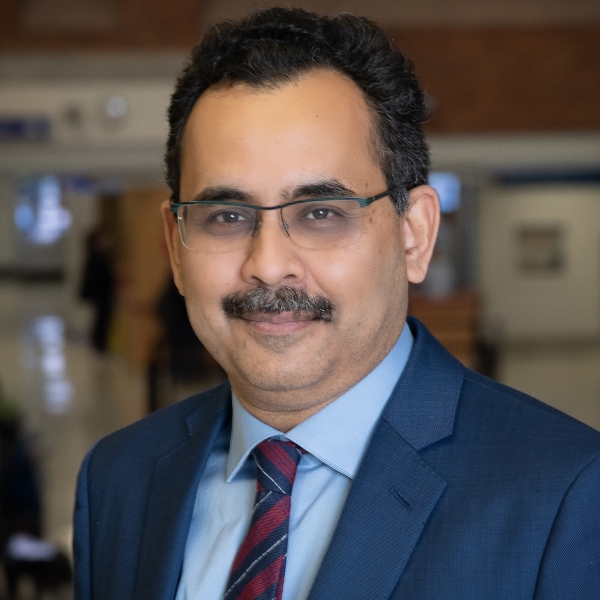The Neuroanesthesia Program is responsible for the clinical practice, teaching and research in the field of neurosciences.
Clinical practice of neuroanesthesia in the operating room is for a complete spectrum of neurosurgical procedures including cerebrovascular surgery for the treatment of cerebral aneurysm, AVM, carotid artery stenosis, oncological surgery including awake craniotomy, functional neurosurgery for movement disorders, and a wide spectrum of spine surgery including deformity correction and minimally invasive fusions.
The role of neuroanesthesia continues to grow in many areas outside of the operating rooms as more patients with aneurysms; arteriovenous malformations , carotid artery stenosis and acute ischemic strokes are treated with endovascular means in the interventional neuroradiology suite. The neuroanesthesia program has also contributed to successful implementation of advanced neurosurgical techniques as well as new surgical procedures including:
The neuroanesthesia program continues to provide teaching to residents, fellows and staff.
Clinical research is active under the supervision of the neuroanesthesia staff. Newer areas of research have included:
Many studies are in collaboration with other members of the neurosciences.
